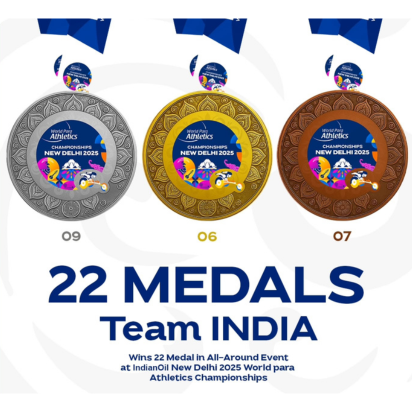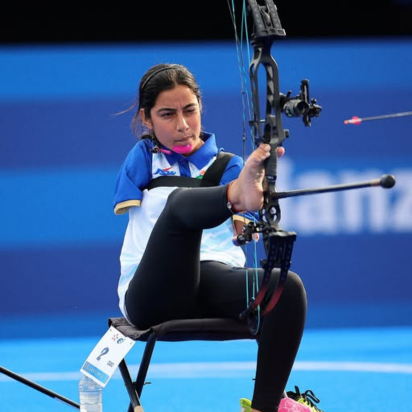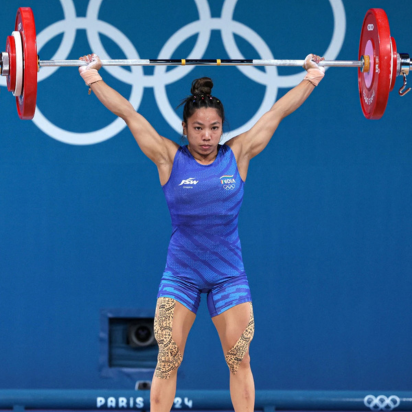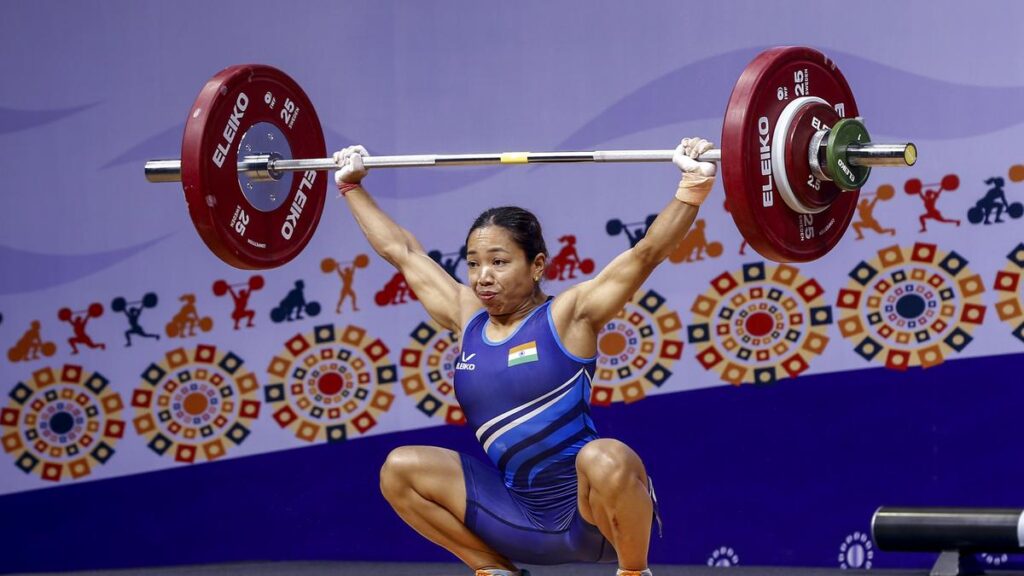The 2025 World Para Athletics Championships in New Delhi concluded with India making history. Hosting the prestigious event for the first time, the country showcased talent, determination, and resilience on the global stage. The official mascot, Viraaj, a young elephant with a blade prosthesis, symbolised courage, optimism, and the unstoppable spirit of para-athletes.
Brazil finished at the top of the medal tally with 44 medals, including 15 gold, 20 silver and 9 bronze. China, with 13 gold, 22 silver and 17 bronze medals, was the team with the most medals (52) but finished in second place due to winning two fewer golds than Brazil. Meanwhile, the Islamic Republic of Iran, with 9 gold, 2 silver and 5 bronze medals, finished at the number three spot. India’s 73 athletes delivered their best-ever performance, winning a total of 22 medals – 6 gold, 9 silver, and 7 bronze. The Junior Age has all the details from the World Para Athletics Championships 2025.
India breaks record at the World Para Athletics Championships 2025 by winning 22 medals:
6 Gold Medals India bagged at the World Para Athletics Championships 2025
1. Sumit Antil – Men’s Javelin Throw F64
Sumit Antil clinched his third consecutive gold in the Men’s Javelin Throw F64 event. His remarkable throw of 71.37 metres not only secured the top podium spot but also underscored his dominance in the sport.
2. Sandip Singh Sargar – Men’s Javelin Throw F44
Sandip Singh Sargar achieved a personal best throw of 62.82 metres in the Men’s Javelin Throw F44, earning him the gold medal.
3. Shailesh Kumar – Men’s High Jump T63
Shailesh Kumar secured gold with a jump of 1.85 metres in the Men’s High Jump T63 at the World Para Athletics Championships 2025.
4. Rinku Hooda – Men’s Javelin Throw F46
Rinku Hooda achieved a personal best throw of 66.37 metres in the Men’s Javelin Throw F46, clinching the gold medal.
5. Nishad Kumar – Men’s High Jump T47
Nishad Kumar added another gold to India’s tally with a jump of 2.14 metres in the Men’s High Jump T47.
6. Simran Sharma – Women’s 100m T12
Simran Sharma sprinted to the finish line in 11.95 seconds in the Women’s 100m T12, earning the gold medal.
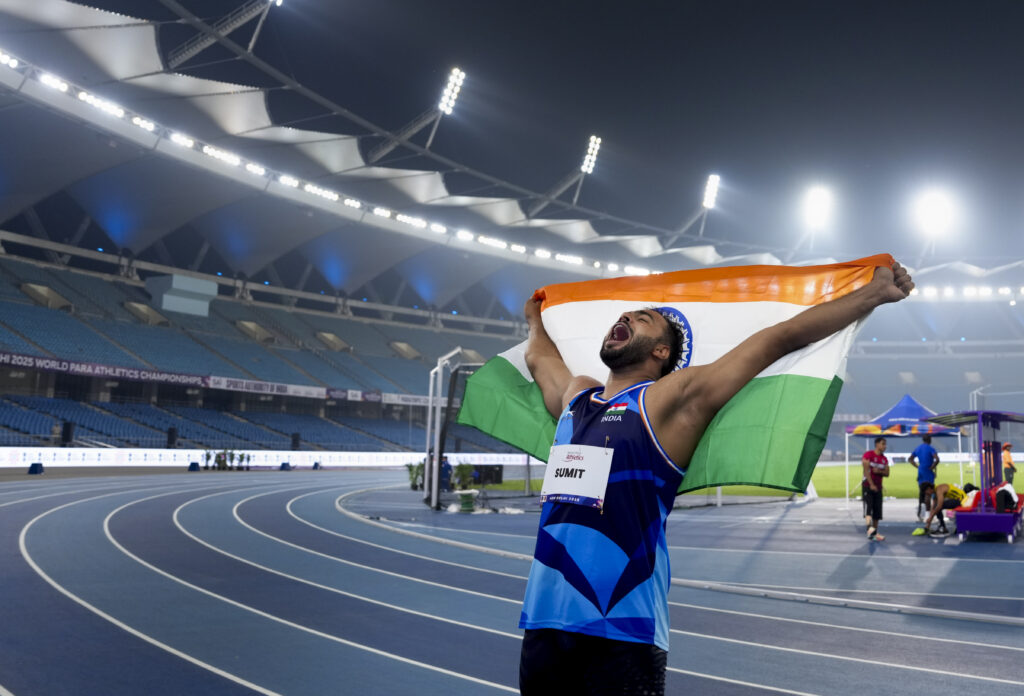
India Brings Home 9 Silver Medals
1. Deepthi Jeevanji – Women’s 400m T20
Deepthi Jeevanji clocked 55.16 seconds to secure silver in the Women’s 400m T20, marking her second World Championship medal.
2. Sundar Singh Gurjar – Men’s Javelin Throw F46
Sundar Singh Gurjar earned silver with a throw of 64.76 metres in the Men’s Javelin Throw F46.
3. Sandeep – Men’s Javelin Throw F44
Sandeep secured silver with a throw of 61.50 metres in the Men’s Javelin Throw F44.
4. Yogesh Kathuniya – Men’s Discus Throw F56
Yogesh Kathuniya won silver with a throw of 46.50 metres in the Men’s Discus Throw F56.
5. Dharambir – Men’s Club Throw F51
Dharambir won silver with a throw of 29.71 metres in the Men’s Club Throw F51.
6. Simran Sharma – Women’s 100m T12
Simran Sharma added another silver to India’s bag by sprinting in 24.46 seconds in the Women’s 100m T12.
7. Navdeep Singh – Men’s Javelin Throw F41
Navdeep Singh earned silver with a throw of 45.46 metres in the Men’s Javelin Throw F41.
8. Preethi Pal – Women’s 100m T35
Preethi Pal overcame a pistol malfunction to bag silver in the Women’s 100m T35, finishing with a season-best 14.33 seconds.
9. Ekta Bhyan – Women’s Club Throw F51
Ekta Bhyan won silver with a season-best throw of 19.80 metres in the Women’s Club Throw F51.
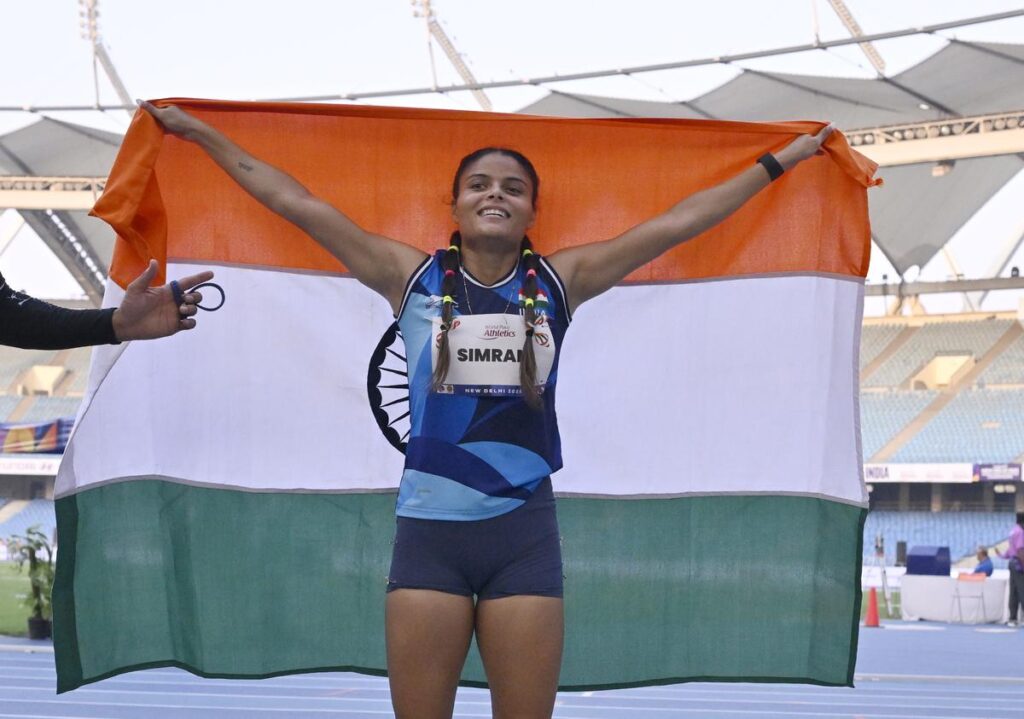
India won 7 Bronze Medals at the World Para Athletics Championships 2025
1. Varun Singh Bhati – Men’s High Jump T63
Varun Singh Bhati won bronze with 1.80 metres jump in the Men’s High Jump T63, marking his second World Championship medal.
2. Atul Kaushik – Men’s Discus Throw F57
Atul Kaushik secured bronze with a throw of 45.61 metres in the Men’s Discus Throw F57.
3. Sandeep – Men’s 200m T44
Sandeep secured a bronze with a personal best of 23.60 seconds in the Men’s 200m T44.
4. Preethi Pal – Women’s 200m T35
Preethi Pal became the first Indian woman to win two Paralympic track medals by clocking 30.03 seconds in the Women’s 200m T35.
5. Pardeep Kumar – Men’s Discus Throw F64
Pardeep Kumar won bronze with a throw of 45.61 metres in the Men’s Discus Throw F64.
6. Praveen Kumar – Men’s High Jump T64
Praveen Kumar secured bronze with a jump of 1.80 metres in the Men’s High Jump T64.
7. Soman Rana – Men’s Shot Put F57
Soman Rana earned bronze with a strategic throw of 15.30 metres in the Men’s Shot Put F57.
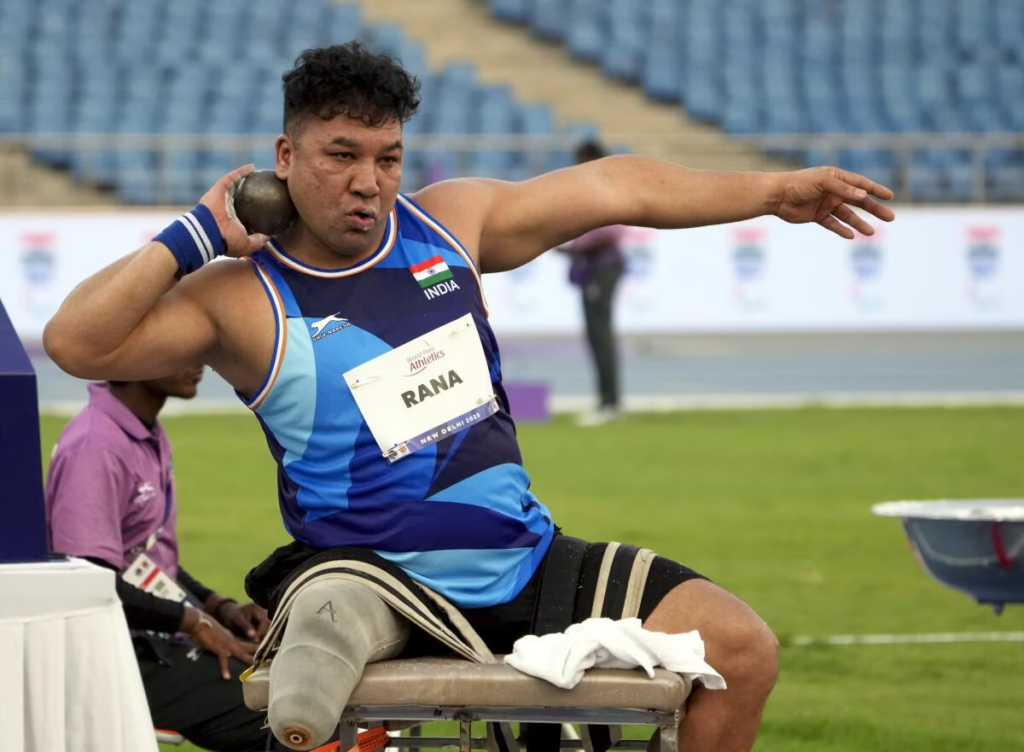
Also, read about – World Archery Para Championships 2025: Sheetal Devi’s Groundbreaking Golden Victory
Subscribe to The Junior Age – click here.

